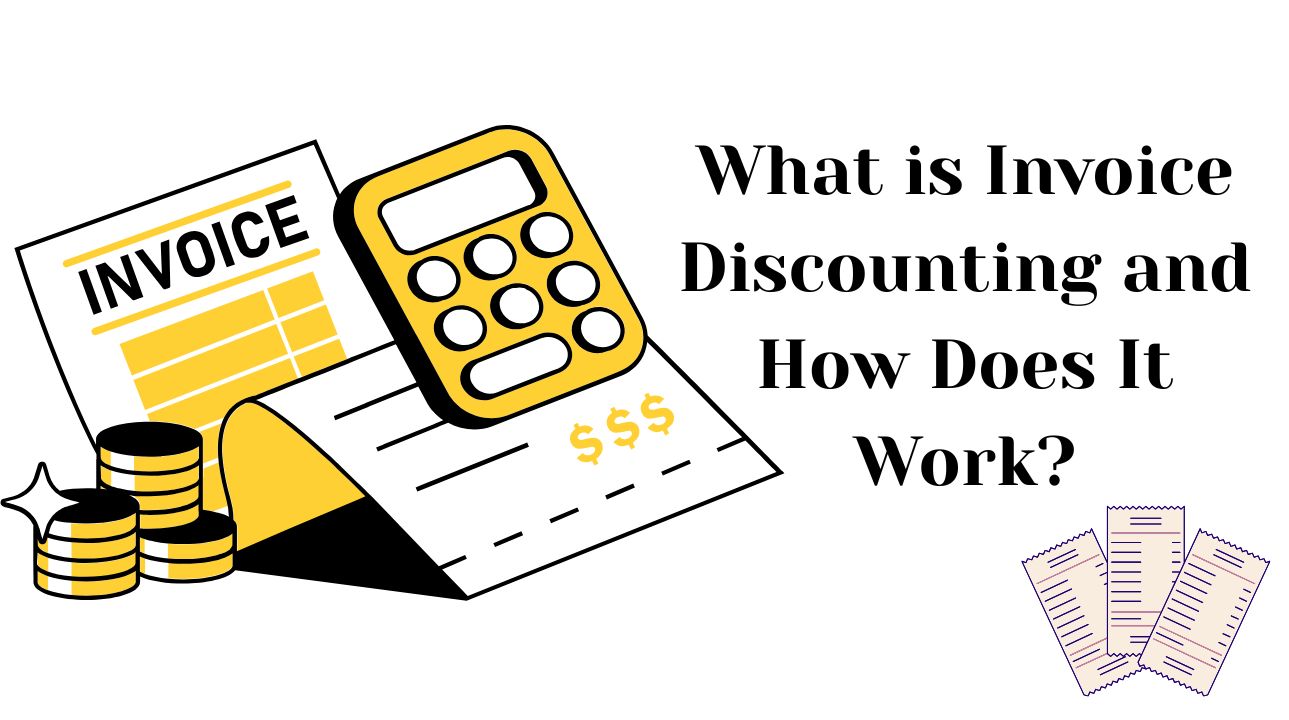A business cannot run on its own. Outside the business, there are factors that have an impact on its success. Nobody can control external business factors, but they can have both positive and negative impacts. As a good entrepreneur, you will have to swim with the tide to cushion the blow of such factors. Make decisions that seem appropriate in that particular situation to hit the ground running.
There are various external business factors that can affect demand and supply, from political to environmental factors. New legislation, unemployment, inflation and automation are some of the factors that can affect the demand and supply. Sometimes, these factors can affect your business positively as well as negatively.
External business factors that affect the demand and supply
Here are the external business factors that can affect the success of your business:
Political factors
Political factors include the decisions that the government make. They include taxation and laws. For instance, a rise in corporate tax can reduce your profitability. If your business struggles to meet all expenses from the current profits, you may have to increase the prices of your products. Chances are you see its bad impact on your demand. Quick business financing is a better solution if increasing the prices does not seem to be a good idea.
The government can introduce new national minimum wage laws that can impact your business profitability. Sometimes, the government amends laws to transform the way the business is done.
Brexit is the best example to understand how businesses suffer when the doors for trade with the European Union are shut. However, on the other hand, some businesses benefitted as they could avoid strict restrictions to boost their industry.
Economic factors
The following are the economic business factors that can affect your business:
- Inflation
Inflation is one of the biggest causes of the rising interest rates. High interest rates prompt businesses to borrow less money, which results in less investment. However, you get higher interest on the money you keep in the bank. Unfortunately, the savings and current accounts do not yield generously.
Your business may need money to invest in a project. Of course, you cannot let high interest rates get in your way of growth, but you will end up paying a lot of interest. Construction businesses and realtors who are dependent on buy-to-let mortgages for the development of properties suffer a lot due to inflation.
Take help from a small business loan broker to understand your alternatives. They will also help you pick a lender that matches your requirements.
With the rise in inflation, the demand for luxurious products drops. People focus on buying essentials. A decline in demand could affect the profitability of certain businesses.
- Exchange rates
The exchange rate keeps rising and falling. They can affect your business positively and negatively. When the exchange rate falls, the pound becomes weak, and it makes it easier to export goods cheaper, which means more revenues. On the other hand, it increases the cost of production of goods for which raw material is to be imported, resulting in a burden on customers’ pockets.
Social factors
These business factors are related to the spending behaviour of customers.
- Demographics
Demographics reflect the population changes. It is affected by the birth rate and the levels of immigration. For instance, if the area you are targeting involves a huge number of migrants, you will have to provide products to fulfil their needs. Likewise, when you see a rise in the older population, it makes sense to sell products that cater to them.
With a change in demographics, many businesses may have to think of introducing a new product line, which means they need more money. It is vital that you optimise your business expenses. Get paid from your borrowers on time. If your customers delay, you can use invoice financing.
- Lifestyle
With a change in the lifestyle of people, you will have to introduce new products and abandon existing products. Nowadays, people are becoming more health conscious. They want detailed nutritional labels on food products. Health gadgets like fitness watches are also becoming popular. You will have to identify the change in the trend and adapt yourself to that to streak ahead.
Technological factors
Technology innovation is reshaping the way we all do business. Automation and e-commerce are the best examples of how to understand it. Many technological gadgets have been developed to make life easier. Businesses are also leveraging technology to improve customer experience. Robots for checking the quality of products, autonomous cars and chatbots are the recent examples.
Almost every business is developing an exclusive app to provide their services to customers. From placing an order to resolving a query, everything can be handled through apps. Businesses will have to adopt technology to stay ahead in the race of competition. The adoption of technology reduces labour costs, but it requires a huge investment to implement. Small businesses are still struggling to embrace technological changes, which is badly affecting their profitability.
Competitive factors
Competitive business factors greatly influence the demand for your product. It generally affects those businesses that are selling similar products and services.
- Imitation
As your competitors see you launch a new product that picks up sharply, they will start producing cheaper alternatives. It is a drawback for you but a benefit for them.
- Price wars
Price wars are very common in the business world. Companies keep competing against each other by selling goods and services at lower prices to attract customers, which unfortunately leads to the race of bottom. Low prices can help you compete against others, but overdoing can deteriorate the quality and push your customers away.
To wrap up with external business factors
Several business factors can affect the growth of your business. You can do nothing about external factors as you cannot control them, but you can adapt yourself to the latest trends to be ahead of your competitors. Be proactive and make smart decisions.

Harry Kane is a financial writer and author who has covered wide topics related to business loans and finance for the last decade. He has been working as the Chief Contributor in finding out deals on various business finance products covered by Thebusinessfunds, a reputed business loan broker firm in the UK. The primary work of Harry is to analyse the loan requirements of various businesses according to their circumstances and affordability. He directly communicates with the loan aspirants and guides them to get the right loan matching their needs. He has a vast experience in finance writing, working with many major business firms in the UK. At Thebusinessfunds, Harry also used to write well-researched blogs covering the financial problems of business loan aspirants and providing relevant solutions. He is a postgraduate with MSc. in Banking and Finance.






